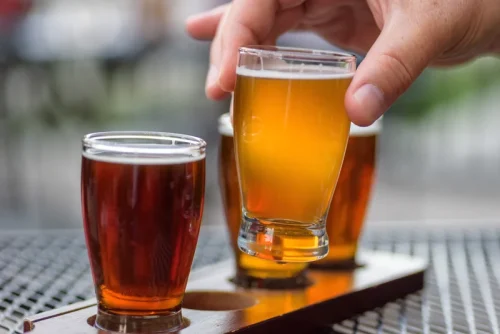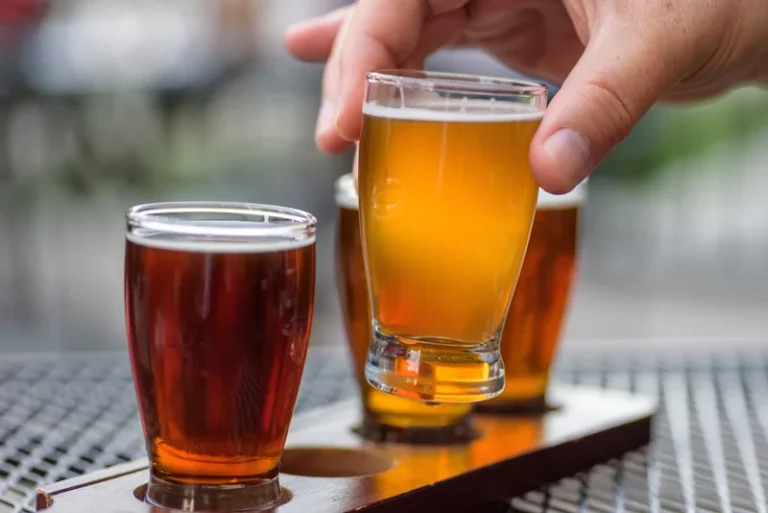Alcoholic: Definition, Symptoms, Traits, Causes, Treatment

Program will work for all alcoholics who are sincere in their efforts to stop drinking; it usually will not work for those not absolutely certain that they want to stop. Though at-risk and binge drinking can result in a range of adverse consequences, not all people who engage in these kinds of unhealthy alcohol use have alcohol use disorder. Loved ones are an integral part of the addiction recovery process, but they need to balance their own needs in addition to providing support. To do that, they can set boundaries around their emotional, physical, and financial relationship, for example that the house will remain an alcohol-free zone. They can research alcoholism to understand the underpinnings of the disorder, the signs of an overdose, and other important information.
End-Stage Alcoholism
Alcohol use disorder is considered a progressive disease, meaning that the effects of drinking alcohol become increasingly more severe over time. Those who use alcohol may begin to show early signs of a problem. Taking an alcoholism screening quiz can help you determine whether you have the symptoms of an alcohol use disorder.
- Home therapy without supervision by a trained professional may be life threatening because of complications from alcohol withdrawal syndrome.
- A strong family history of alcoholism is a warning you are at increased risk of becoming dependent on alcohol.
- They use 11 criteria established by the DSM-5 to assess alcohol use severity.
- Mutual-support groups like Alcoholics Anonymous (AA) and inpatient rehabilitation are common treatments for alcohol problems.
- If you’re concerned about someone who drinks too much, ask a professional experienced in alcohol treatment for advice on how to approach that person.
- See your doctor if you begin to engage in behaviors that are signs of alcohol use disorder or if you think that you may have a problem with alcohol.
- Childhood trauma can fuel problematic drinking in adulthood, because the person might use alcohol to cope with feelings of anger, depression, anxiety, loneliness, or grief.
Alcohol Use Disorder FAQs
The most common treatment options for people with the condition include the following listed below. The term alcoholic refers to a person with a condition known as alcohol use disorder (AUD). The disorder makes a person who has it experience an intense desire for alcohol even when it adversely affects their health.
Tips to Help You Stay Sober

Alcoholics Anonymous (AA) or other 12-step programs can offer what is alcoholism that social support. There are regular, free group meetings in most cities and towns. Alongside other therapies, such groups can play a critical role. The person suffering from alcohol use disorder must first make the decision to stop using alcohol.

Consider talking with someone who has had a problem with drinking but has stopped. People with alcohol problems often drink alone and say they use alcohol to help them sleep or deal with stress. People who drink excessively may also engage in risky sexual behavior or drive when they should not. Alcohol can also alter the effectiveness and toxicity of medicines. Some medicines increase blood levels of alcohol or increase the adverse effects of alcohol on the brain.

About 15 alcoholism million American adults and 400,000 adolescents suffer from alcohol use disorder, according to the National Institute on Alcohol Abuse and Alcoholism. But treatment and support are available to help those suffering begin to heal. Alcohol addiction may involve several different treatment methods.
- Becoming dependent on alcohol can lead to challenges for both the mind and the body.
- The earlier they seek treatment, the better their chance of successful recovery.
- The NIAA offers a list of a number of these support groups, including secular options.
- Too often we are so angry or discouraged that we take it for granted when things are going better.
- An alcohol abuse disorder is a serious and progressive condition.

Make sure your loved one will be there but isn’t aware of what’s going on. Without realizing it, you could take risks that could put yourself or others in harm’s way. Hosted by Amy Morin, LCSW, this episode of The Verywell Mind Podcast shares strategies for coping with alcohol cravings and other addictions, featuring addiction specialist John Umhau, MD. Here are 5 things to know before reaching for alcohol to cope with stress.
Early Symptoms
Otherwise, they https://ecosoberhouse.com/ could back out or go on a last drinking binge. Everyone should prepare to speak candidly about how your loved one’s drinking has become harmful to them or others. One analysis of 27 studies and over 10,000 participants showed that AA/12-step programs are the most effective ways to abstain from alcohol.